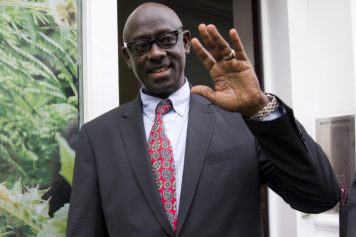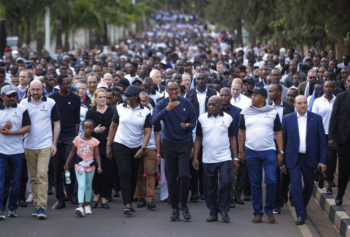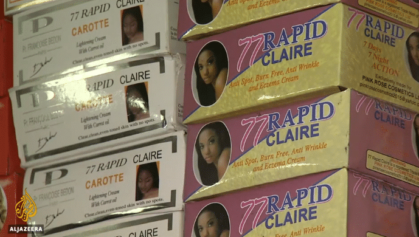Once again the beautiful, lush nation of the Congo is under attack, this time from within as a relatively small group of rebels have overtaken the eastern city of Goma—while government troops fled the scene and a force of UN peacekeepers stood idly by—and are now pledging to topple President Joseph Kabila and overtake the entire Congolese government.
But it is a growing conflict unlikely to draw the attention of world leaders who are focused on the fighting between Israel and Palestinians in Gaza.
For those who haven’t seen Congo, it is hard to overestimate the beauty and lushness of this vast land. With 70 million people, the Democratic Republic of the Congo is the 18th largest country in the world by population and the 12th largest country by area—leading many observers to conclude over the years that it is too large to be governed as just one country.
Since it was colonized by Belgium in 1908, the Congo has been victimized by its beauty and its richness of minerals, as it is a prize sought by many. The Belgians brutalized the population in order to extract as much rubber and ivory as possible and over the last several decades rebels from inside and other African armies from outside have pushed aside the weak government to take enormous tracts of territory rich in copper, timber, diamonds and gold.
In this latest conflict, Congolese officials believe that the country of Rwanda, much more stable and orderly with a tough and disciplined army, is backing the rebels as a way of gaining control of the mineral-rich eastern region. The conflict also has roots in the genocide that took place in neighboring Rwanda 18 years ago, when the Tutsi ethnic group was almost extinguished in a chilling massacre by the Hutus. Now the Tutsis have re-emerged in the form of these new rebels, called the M23, who are made up almost exclusively of Tutsis. Rwandan President Paul Kagame is also a Tutsi. More than 2 million Hutus fled Rwanda into the Congo after the genocide, fearing the new Tutsi-led government would be intent on revenge. With million of Hutus in the Congo, the Rwandan government has been accused of backing the Tutsi militias in their efforts to overthrow the DRC government.
As the M23 rebels rode into Goma, an important population and economic center with about a million residents, the Congolese army actually ran away and about 1,500 UN peacekeepers didn’t lift a finger to stop the rebels.
French Foreign Minister Laurent Fabius said Tuesday it is “absurd” that there are 17,000 peacekeepers in all of Congo and they could not stop several hundred men. But the UN said the peacekeeping force is there to protect civilians, not participate in a civil war. For his part, Fabius called for a review of the peacekeepers’ mandate.
As the news of the seizing of Goma made its way across the Congo, the reaction was one of anger and disbelief. Protesters in Kinshasa, the capital, and Kisangani, another major city, poured into the streets, some of them burning buildings, furious that their government was so weak.
Earlier today, M23 rebels held a rally at a stadium in Goma. Rebel spokesman Vianney Kazarama said their next goal is Bukavu, about 100 kilometers south of Goma.
He said the group already controls the town of Sake, also south of Goma, and plans to eventually reach Kinshasa, the capital, more than 1,500 kilometers to the west.
While rebel forces have claimed that they will fight until the government falls, the Telegraph pointed out that “it will be impossible for the M23, whose total strength is thought to number no more than 2,500 soldiers, to hold Goma.”
“We’re very tired, we’re going to greet our friends now,” Colonel Kazarama said.
As the UN Security Council voted unanimously Tuesday to impose sanctions against M23 leaders, the French-sponsored resolution demands that the rebels immediately pull out of Goma, located on the Rwandan border, and condemns all foreign support for the group.
The DRC and UN experts accuse Rwanda of supporting M23—a charge Rwanda denies.
DRC President Joseph Kabila and Rwandan President Paul Kagame met late Tuesday in Uganda’s capital, Kampala, and are due to hold more talks Wednesday mediated by Ugandan leader Yoweri Museveni.
Congolese leaders have refused to hold direct talks with the rebels unless Rwanda is included.


